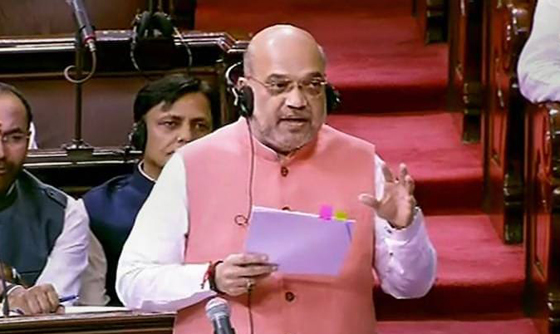In a written reply in Lok Sabha, Minister of Cooperation, Amit Shah said it is proposed to amend the Act to keep the legislation in tune with the changing economic policies and to make the management accountable to the members of the society.
The amendment is also necessitated to protect the interests of the depositors and the shareholders of the societies, said the Minister
In this backdrop, the Minister said the government is planning to amend the Multi-State Cooperative Societies Act 2002 to have an effective regulatory mechanism for multi-state cooperative societies.
Meanwhile, the Ministry has sought feedback from co-operative organizations in the country on the issue of amendment to the Multi-State Co-op Act, 2002. Indian Cooperative talked to a number of co-operators and the major issues that came forth are issues of co-op autonomy, power of the central registrar, and so forth.
While proposing any amendment to the Multi-State Cooperative Societies Act 2002, the guiding principle to be kept in mind should be to ensure democratic member control and functional autonomy with the least Government control, said leaders from a cross-section of the co-op sector.
“National Policy on Cooperatives was issued in the year 2002 after extensive studies about the functioning of Cooperatives. Hence, the spirit of this policy should be kept in mind. Provisions of the 97th Constitution Amendment 2011 should be kept in mind and the autonomy granted under this amendment should not be curtailed”, they stated.
A section of co-operators also felt that there is a move to give excessive discretionary powers to the Central Registrar, without making him/her accountable for anything. Such unbridled powers would make Multi-State Cooperative Societies vulnerable to frequent investigations even for trivial matters and it would become virtually impossible to carry out business. This is also against the spirit of the Cooperative Principle of democratic member control. Hence, there is a need to curtail these discretionary powers.
Co-operators also feel that a clear distinction has to be made between such Cooperatives where Government holds the majority equity share vis-à-vis such Cooperatives where Government either does not hold equity shares or holds only nominal shares. Government control in the case of the latter should not be there.





















































